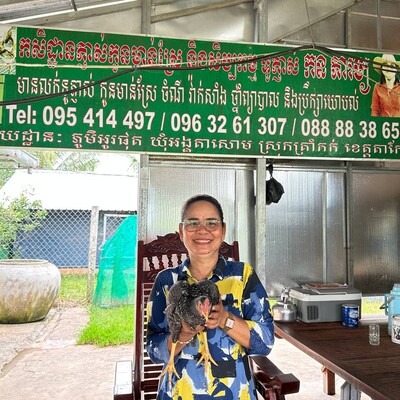
Media a key role in getting our messages out; and in Ethiopia’s development
On April 29th, 2012 a full house of national journalists from government and private media joined UN Communication Officers in a national workshop on the status of the Millennium Development Goals (MDGs) in Ethiopia and the role of media in taking these forward. The presenter from UNDP coordinating the MDG programme in Ethiopia highlighted that only three years remain until 2015 for the goals to be realized – a lot is expected from journalists to advocate on the goals starting from the grassroots level. The goals are:
- Goal 1: Eradicate Extreme Poverty and Hunger
- Goal 2: Achieve Universal Primary Education
- Goal 3: Promote Gender Equality and Empower Women
- Goal 4: Reduce Child Mortality
- Goal 5: Improve Maternal health
- Goal 6: Combat HIV/AIDS Malaria and other Diseases
- Goal 7: Ensure Environmental Sustainability
- Goal 8: Develop Global Partnerships for Development
Participants discussed the various goals and suggested ways the media could promote them. Most groups mentioned that media needs to be proactive in covering stories around the MDGs – advocating for both success stories and those lagging behind.
After this ‘diagnosis’ phase, Wanjaro Kago (Institute of Communication and Development International from Kenya) explains ways to make development news more interesting and engaging for the general public as well as other stakeholders including decision makers. She gave some key recommendations on how to make the development news more about our day to day lives. Some include:
- Journalists need to dig deeper to get to the issues behind the concept;
- In-depth reporting beyond the newsworthiness of issues – analysis that can catalyze debate;
- Relate MDGs to our everyday lives – service delivery and good governance;
- Link issues to political processes – e.g. gender and the constitution;
- Demonstrate with concrete examples;
- Illuminate MDGs by telling stories with vivid examples and figures;
- Illuminate and package attractively;
- Engagements and people that attract media;
- Use of catchy taglines.
She remarked that NGO’s and international organizations have much knowledge, experience, surveys, case studies and research, but, they:
- Often use terminology only familiar to themselves;
- Recognize media as an important partner in in their work, but reach out to media only when they want their events covered.
Thus, they need to:
- Step away from technical terms and use everyday familiar language;
- Provide useful leads and insights to the media;
- Involve journalists in processes so as to build true partnerships;
- Provide media with regular progress;
- Provide platforms on different media outlets for debate;
- Use high profile personalities as necessary;
- Utilize citizen journalism and new media;
- Get the real MDG stories – from the rural communities.
Adela Barungi concluded with a presentation on media and volunteerism for MDGs from the United Nations Volunteers (UNV). She stressed that media:
- Needs to tell the untold stories;
- Is a very powerful intermediary to the public and and influence specific groups;
- Has great potential to exemplify the impact of volunteerism in development through interesting human interest-led stories.
The workshop ended with a call for journalists to volunteer to be ‘ambassadors’ on the three MDGs that are not on track in Ethiopia – those on gender inequality, maternal health and environmental sustainability.











